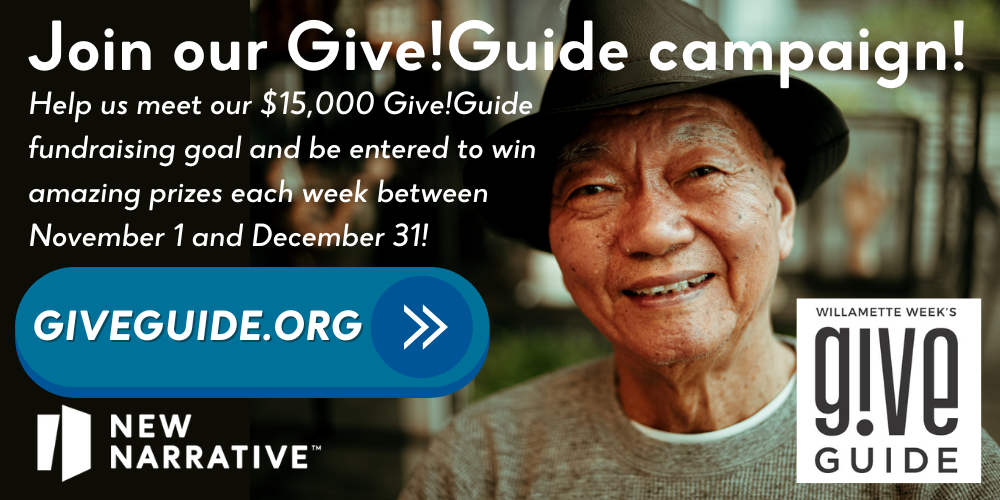 Every year on September 14, people from around the world honor the diversity of voice-hearing experiences. For some, this celebratory tone may feel unusual—especially if they are struggling with distressing voices or know someone who is suffering. Yet at its heart, World Hearing Voices Day is about stepping out from the shadows and affirming the right to speak openly about all forms of lived experience, without being silenced by stigma, prejudice, or discrimination.
Every year on September 14, people from around the world honor the diversity of voice-hearing experiences. For some, this celebratory tone may feel unusual—especially if they are struggling with distressing voices or know someone who is suffering. Yet at its heart, World Hearing Voices Day is about stepping out from the shadows and affirming the right to speak openly about all forms of lived experience, without being silenced by stigma, prejudice, or discrimination.
It is not a day to pretend that hearing voices is always wonderful—it isn’t. Rather, it’s a day to raise awareness of the full spectrum of experiences that fall under the “voice-hearing umbrella”: the good, the bad, the fantastic, and the difficult. It’s a day to honor the diversity, creativity, wisdom, and strength of people who hear voices, while also breaking stereotypes and challenging misconceptions.
Changing the Conversation
Many people who hear voices are not in a position to speak out. The risks of being open—whether because of stigma, misunderstanding, or discrimination—remain high. Change begins only when we shift the conversation and increase awareness.
That is why Hearing Voices groups are so important. These groups do not pathologize or reduce the experience to an illness. Instead, they ask: “What does this experience mean to you?” People are welcome to define their experiences however they see fit—whether through voices, sounds, visions, sensations, or other unusual perceptions.
At our peer program Comfort Zone, our Hearing Voices Affinity Network offers a space not just for those who hear voices, but for anyone who experiences non-consensus reality—experiences that others around them may not share.
- Consensus reality refers to the collective beliefs and perceptions held by society about what is “real.”
- Non-consensus reality describes experiences outside those norms, such as hearing voices or sensing presences unseen by others.
Both realities are valid—and both deserve respect.
By the Numbers
How common is this experience?
- According to research, 3–10% of the population will hear voices at some point in their lives; some research suggests it may be as high as 13.7%.
- About 75% of voice-hearers experience only occasional or one-time events, such as hearing someone call their name when no one is there.
- To put this in perspective: red hair occurs in just 1–2% of the population. Voice-hearing is more common than you might think.
Chances are, someone in your life experiences non-consensus reality—even if you don’t know it.
A Personal Note
I myself live with non-consensus reality. Sometimes I hear voices of people who aren’t physically around, which can make daily interactions feel awkward or difficult. By being open about my own experiences, I hope to let others know that they are not alone.
It is this spirit of solidarity that I bring to facilitating Comfort Zone’s Affinity Group—a peer-led space where people can share openly, without judgment, and connect with others who understand.
How You Can Support
The best way to support those in your life—whether you know they hear voices or not—is simple:
- Stay informed. Seek out resources that expand your understanding.
- Validate, don’t diminish. Even if you don’t share the experience, listening with respect makes a difference.
- Keep an open mind. Recognize that reality can be diverse and complex, and honor how others experience the world.
Resources
Here are some community resources available for you or loved ones experiencing non-consensus reality:
- Comfort Zone’s Hearing Voices Affinity Group – A safe, peer-led community in Tigard. https://www.comfortzonenn.org/
- NAMI Washington County’s Hearing Voices Affinity Group – Offers additional local peer support. https://www.washconami.org/
- The Wildflower Alliance – Partners with the Hearing Voices Network (HVN) to provide training and education. https://wildfloweralliance.org/
- Hearing Voices Network USA – https://www.hearingvoicesusa.org/
- Portland Hearing Voices – Online and in-person groups https://www.portlandhearingvoices.net/
When we approach these conversations with compassion and curiosity, we make it safer for people to be open about their struggles—and their strengths.
New Narrative offers mental health services tailored for each individual based on their needs and goals. If you or someone you know is searching for further mental health care options, please visit our Clinical Care page to learn more about who we serve and what we offer.
This post was contributed by Vivilynn Weaver, a Peer Supervisor with New Narrative’s Comfort Zone Program. Learn more about New Narrative’s peer services here.



